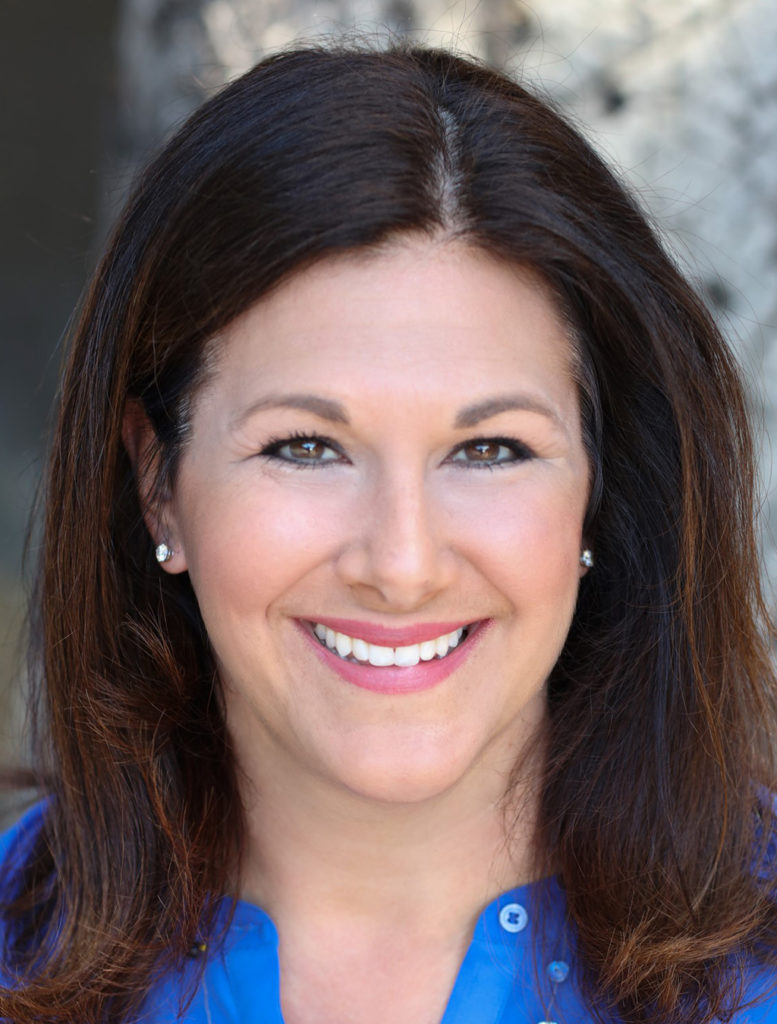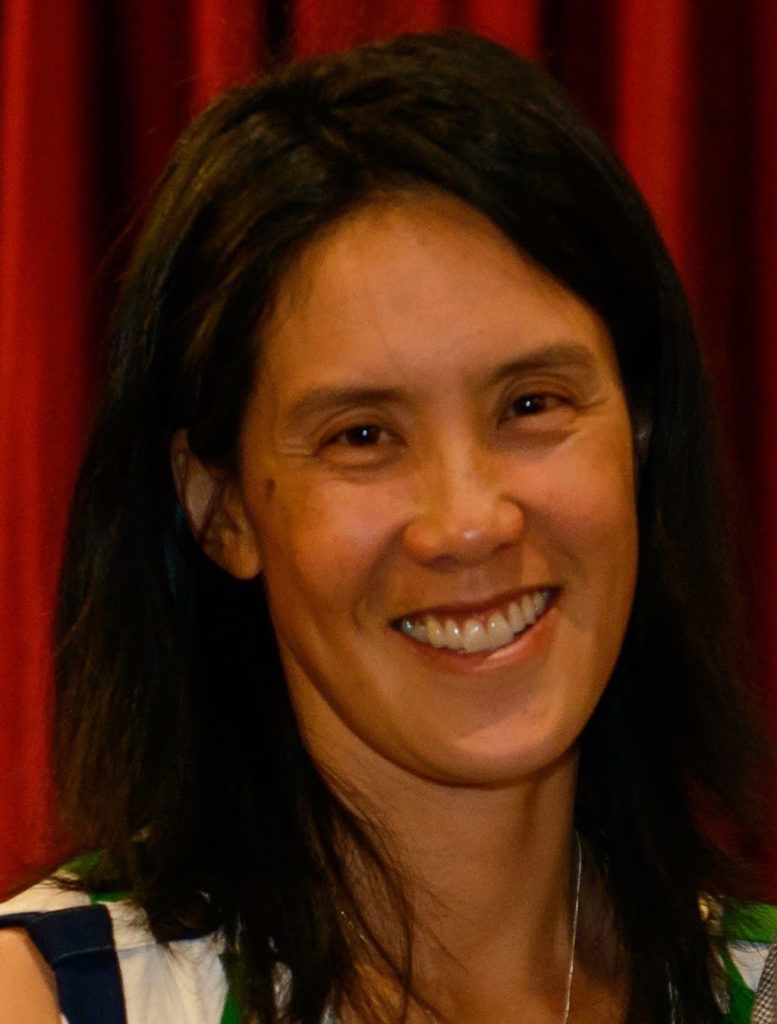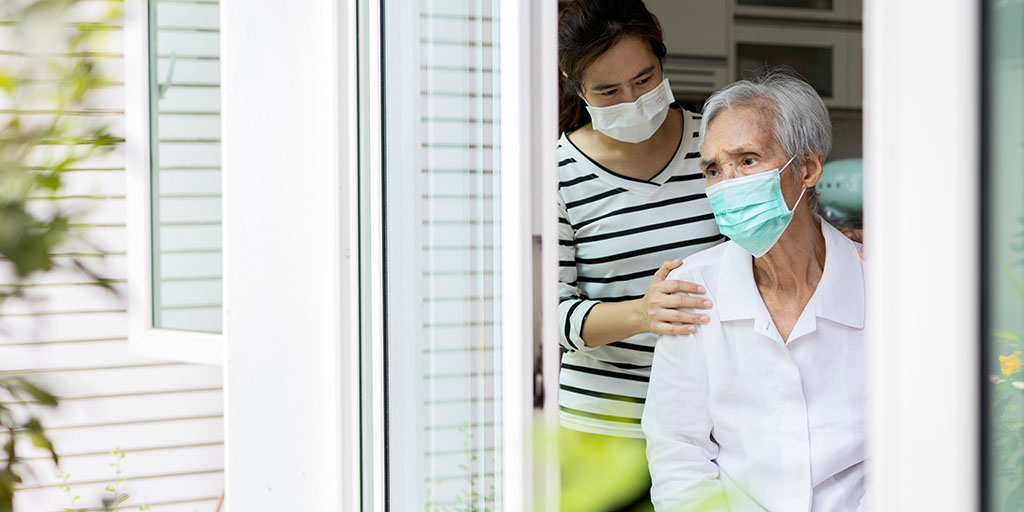Amy Yotopoulos has spent much of her career advocating for vulnerable adults, but that didn't prepare her for the realities of caring for someone in her own family while she and her husband continued to work and raise their children.
"After years of telling everybody else how to be a better caregiver and take care of older adults, I realized how smug I have been," Yotopoulos, the program manager of the Stanford Caregiver Center, said in a recent webinar about caregiving during the COVID-19 pandemic. "To be honest, even with my background and skills, the personal experience of caregiving brought me to my knees."
And she's not alone, said Charisse Lee, who co-founded the center at the new Stanford Hospital last year with Yotopoulos. About 53 million Americans provide unpaid care to an adult with health or functional needs, said Lee, who also has cared for a loved one while raising her three children.
"Caregiving is isolating, and it can be very, very stressful," said Lee, senior consultant in the Health Education, Engagement and Promotion group at Stanford Health Care.
Providing such care could last from weeks to years, depending on the circumstances: One person might need help recovering from surgery, another could have dementia and be unable to live alone, and someone else might need care as they near the end of life.
It can be overwhelming, but especially so during the pandemic when fear of infection limits in-home help and day care options, Lee said.
She and Yotopoulos have a message for struggling caregivers: They see you, and you don't have to do it on your own.
Support for caregivers
Yotopoulos and Lee launched the Stanford Caregiver Center when the new Stanford Hospital opened in November. In collaboration with the Stanford Health Library, their team gathers and distributes resources, and advises families about providing care for ill or vulnerable loved ones.

The center's early focus was on in-person services; but after the COVID-19 pandemic hit, Lee and Yotopoulos helped create an online platform. Lee produced caregiver guides, and they reached out to colleagues to help patients and families find the center on the internet.
Yotopoulos said caregivers' concerns have shifted to reflect life in the pandemic, with more questions about how to avoid a rehabilitation center stay after being hospitalized, for example, or how to prepare for family caregiving at home. When possible, the center connects caregivers to organizations that can help.
"The silver lining in this pandemic is I see more people reaching out to one another and supporting each other," Yotopoulos said.
Connecting to others
In the webinar, Yotopoulos and Lee tapped their experience and expertise to offer advice for caregivers.
Acknowledging that asking for help can be a caregiver's toughest hurdle, they suggested focusing on what matters most and accepting assistance with other aspects of care.

For instance, Lee's priority was to play an essential role on her loved one's health care team. So, two friends managed other important responsibilities: One sent family updates through email, and another scheduled volunteers to provide family meals and help Lee care for her children.
"You'll be pleasantly surprised, as I was, at how people are very willing to help, especially now, at a time when others are really feeling the need to connect to others," Lee said.
She and Yotopoulos recommended building relationships with the loved one's clinical care team, gaining access to their electronic medical records and attending medical or telehealth appointments.
It also helps, they said, to connect with other caregivers who understand the heartbreak of navigating shifting relationship dynamics with loved ones struggling with loss of independence and mobility.
"Sometimes it feels like you're alone on an island doing the heavy physical and emotional work of caregiving," Lee said. "And yet, it is the connection to others that will help ease the load and help you be a better caregiver."
Embracing imperfection
Ceding control is difficult, but Yotopoulos suggested caregivers try to "embrace imperfection" by lowering expectations about what's normal on any given day.
It's not realistic to work well from home while raising kids -- helping them learn online or have a safe, enjoyable summer -- and also be the primary caregiver for an ill, disabled or elderly loved one, she said.
"We're talking about quality of life ... about what they need and want," she said. "They're not going to get everything they want right now, but you can make the list of the things that can, even in small ways, make your loved one's day, such as having a neighbor pick up their favorite ice cream and stop by give it to them."
Caring for yourself
Even with help and acceptance of imperfection, caregivers still face what Yotopoulos called "a mountain of uncertainty, stress and loneliness."
People who care for others tend not to think of their own needs; but she and Lee encouraged caregivers to find what refreshes and energizes them -- meditation, prayer, keeping a journal, napping or taking a walk with a friend -- and schedule sacrosanct time for it.
"It's the little things," Lee said. "I'm not saying it's easy, but you do have to kind of take a breath."
Contact the Stanford Caregiver Center at caregiver@stanfordhealthcare.org or 650-497-7100. Find the center's resources, guides and webinars on the Stanford Health Library website or the Stanford Palliative Health Education program website.
Top image by Satjawat. Photo of Amy Yotopoulos courtesy of Stanford Health Care. Photo of Charisse Lee courtesy of Lee.




